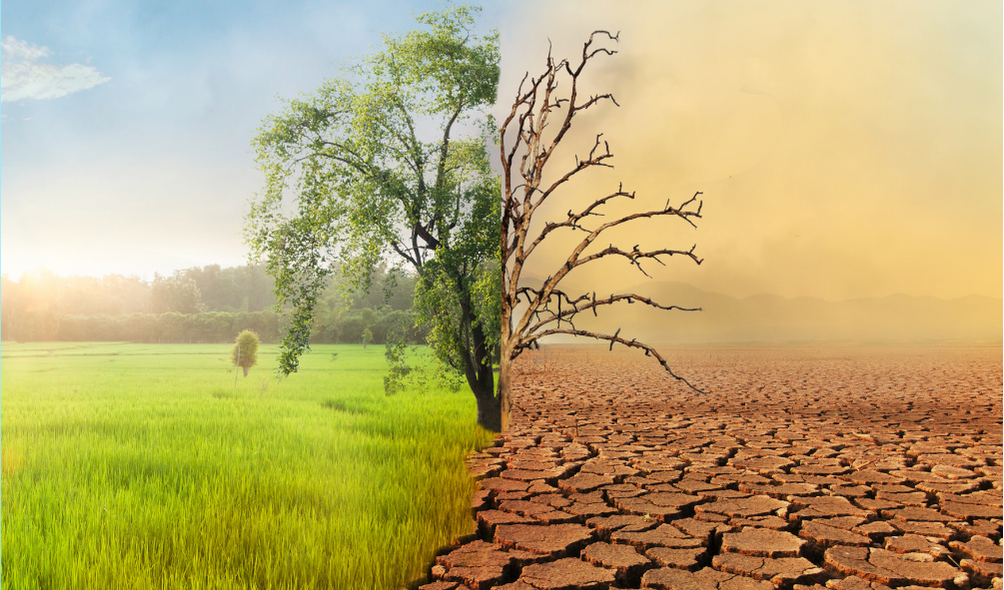
Africa is one of the continents that face climate challenges in the environment sector regarding farming. Understanding the impacts of climate change can help tackle the issue in parts of the continent.
Extreme weather crises, water scarcity, lower crop circulation on the fields can threaten the livelihood of millions of people in each part of Africa. This makes it more difficult to deal with the relationship in climate change and the mobility of people.
When it comes to addressing climate migration, empowering communities in Africa can help tackle the challenges where they are able to create a more resilient and stable future where they look at building better infrastructure because the limitation of funds and the relocating of outdated buildings where they crumble in the likes of climate challenges is a real struggle.
Strategies on climate migration require proactive movement (forced movement) depending on the area of the nature. This can help benefit migrants where it can help raise income, knowledge and skills. The downside to this is that there are high chances of exploitations, trafficking and the lack of basic services. Migration can strain services and natural resources more especially those that lack sufficient resources.
Agreements around the globe play an important role in shaping proper policies and actions that touch on the subject. If countries on a global scale can work together, they can help develop solutions to support those that are affected.
Using traditional techniques and importing wisdom on climate change can offer a better insight on finding a solution. Indigenous communities often pose the right knowledge and deep understanding of the environment and can help change the climate issue.
To conclude, addressing climate migration in Africa requires an approach that needs sustainable development, community resilience, and international cooperation. By recognising the interconnected nature of climate change and migration, Africa can build a more resilient future.
Main Image: LinkedIn

